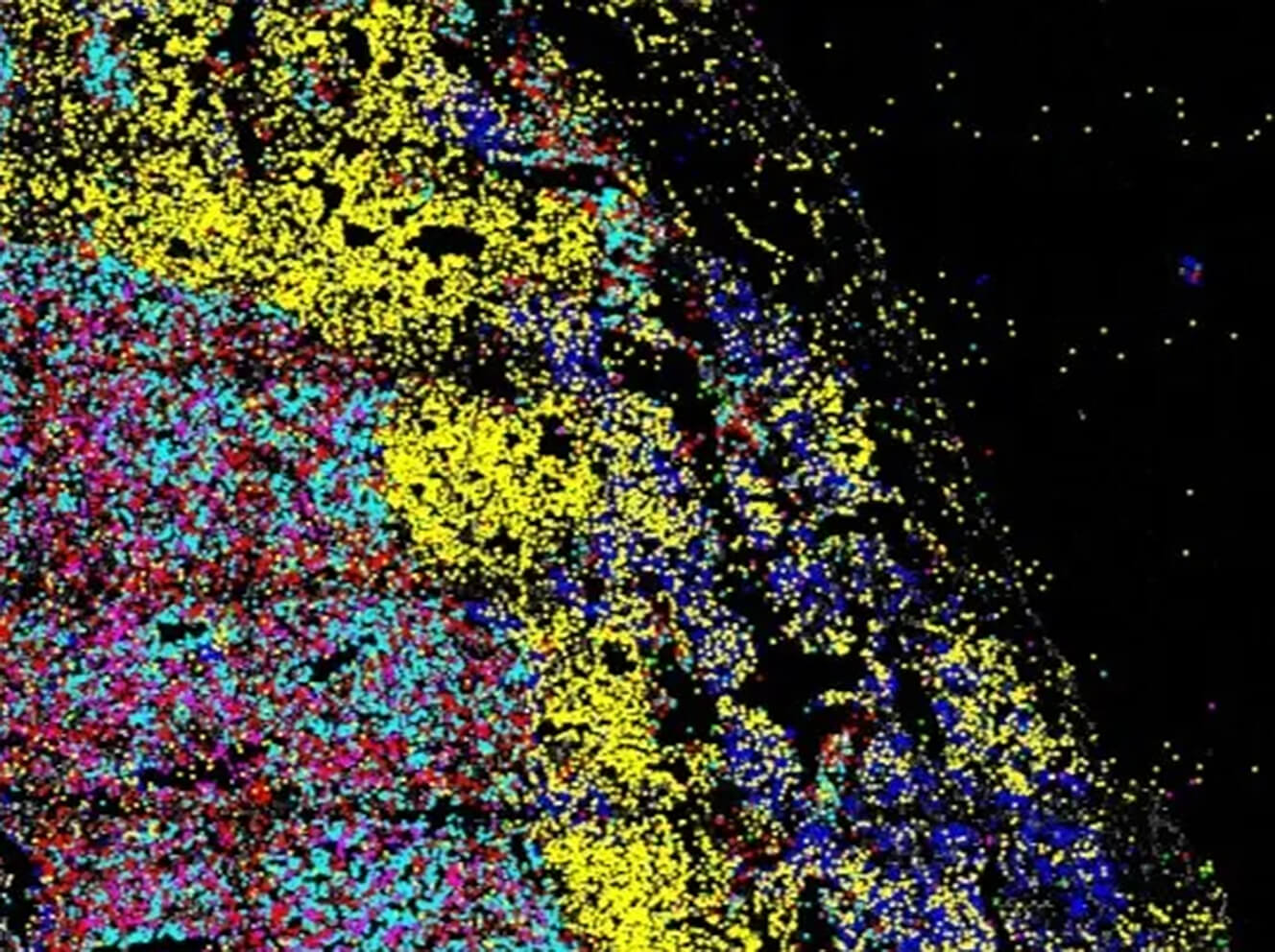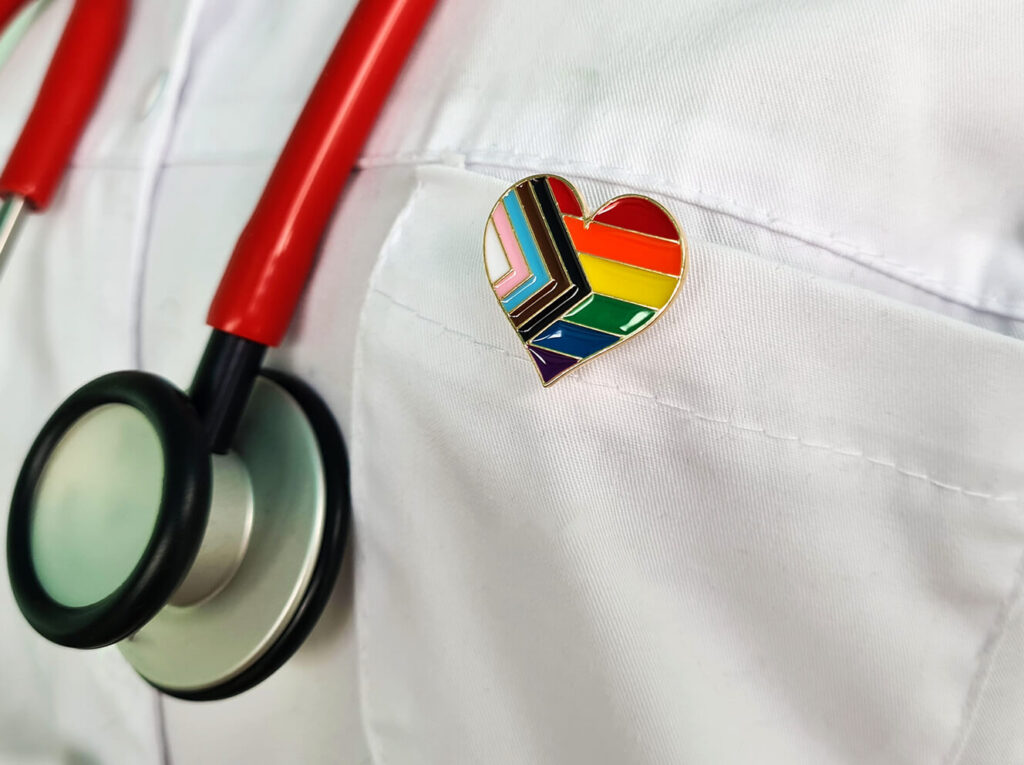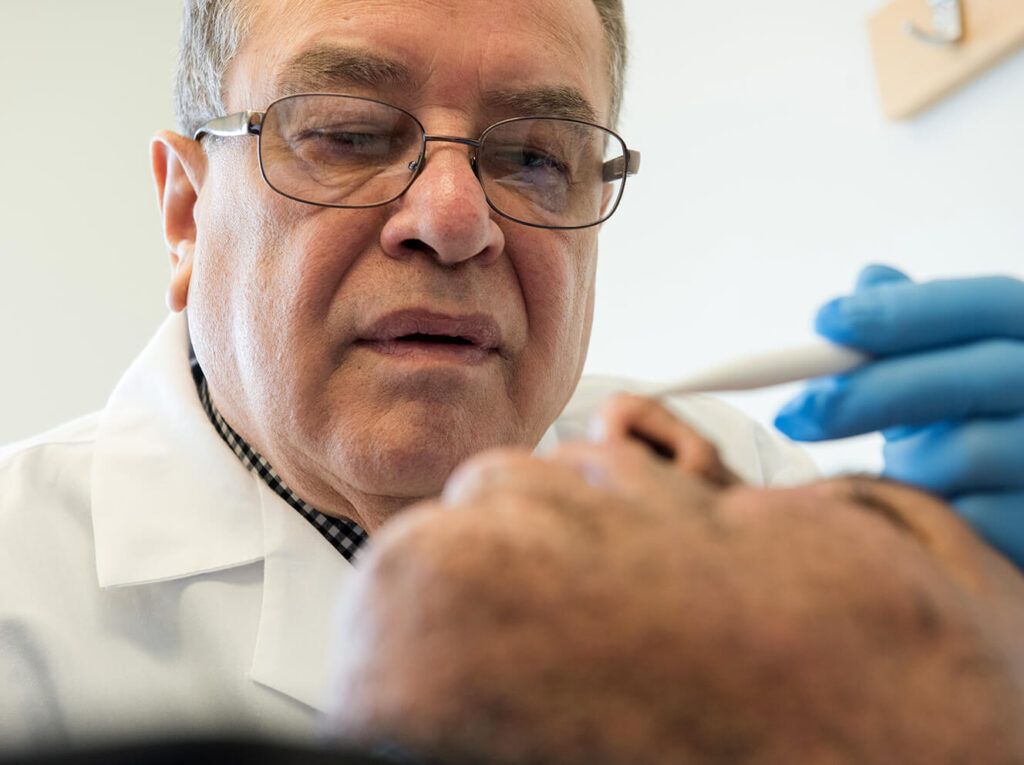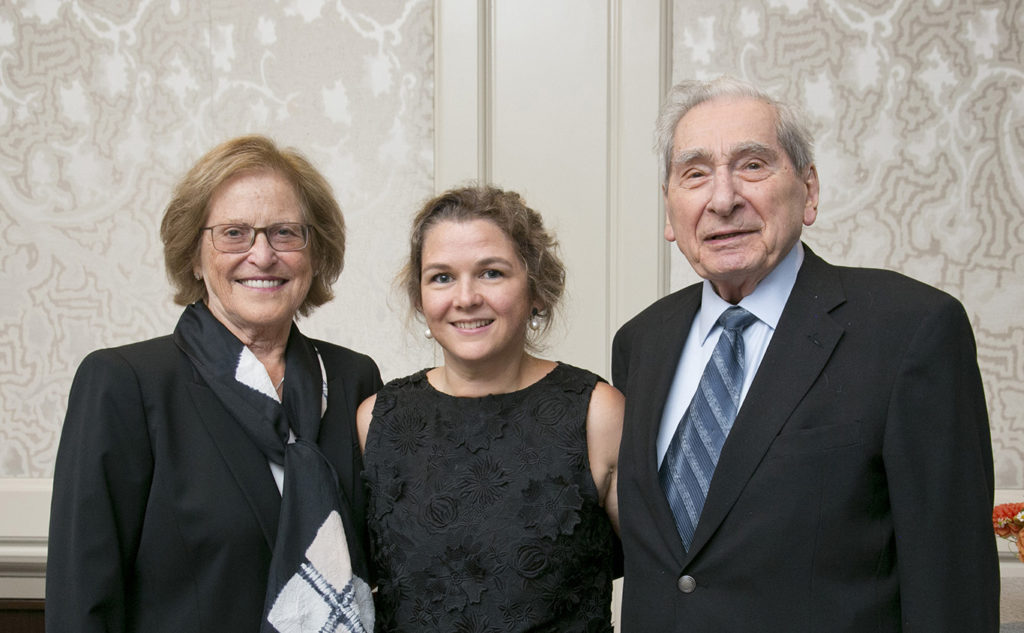While some research is focused on a single disease or health issue, at the Jian Shu Lab, situated within the Cutaneous Biology Research Center at Massachusetts General Hospital, there are countless areas of human health that the team’s research might impact. Jian Shu, PhD, created this laboratory to understand the circuits between cells in complex biological systems and develop novel methods to manipulate those circuits.
Dr. Shu and his colleagues are working toward creating and innovating technology using single-cell sequencing technologies, advanced imaging, gene engineering and machine learning. These technologies have the potential to be applied to a wide variety of needs in health care, from finding new ways to treat pain amid the opioid crisis to addressing adverse outcomes related to pregnancy and aging.
Recently awarded the HEAL (Helping to End Addiction Long-Term) New Innovator Award from the National Center for Advancing Translational Services (NCATS), Dr. Shu has set his sights on doing work that will strengthen patient care practices where improvements are needed most and where it will be most widely influential. “We’re looking for the areas where our technologies can make the biggest impact,” Dr. Shu says.
Deciphering Chronic Pain
The NCATS HEAL New Innovator Award granted to Dr. Shu’s lab will help fund their research aimed at developing experimental technologies that decode and understand genes and cells associated with pain. “Chronic pain is complex, diverse and difficult to manage, and current treatments such as opioids are not effective for many individuals,” says Dr. Shu. “The genes, circuits and cells regulating chronic pain remain a black box, largely not understood.”
Dr. Shu’s research seeks to address the knowledge gap in understanding the ways in which genes, circuits and cells regulating chronic pain change across the lifespan of people who are considered vulnerable, including infants, children, elders and pregnant women.
“This award will allow us to develop new large-scale tissue mapping technologies, called ‘Image2Omics,’ that combine cutting-edge imaging methods and single-cell sequencing technologies through machine learning in order to map which genes, cells and circuits are related to pain,” Dr. Shu explains.
The Future of Pain Management
By gaining a better understanding of how the human body processes and experiences pain throughout its lifetime, Dr. Shu and his team hope to expand the way physicians treat pain, moving from what can feel, for patients, like a one-size-fits-all approach toward holistic, personalized and precise treatment options. In addition, through the identification of novel candidate biomarkers and therapeutic targets for chronic pain, the work of Dr. Shu and his team could also lead to the development of innovative diagnostic solutions and novel therapies.
In addition to the NCATS HEAL New Innovator Award, Dr. Shu is a recipient of prestigious awards including the NIH Pathway to Independence Award and has also received funding from the NIH Common Fund Cellular Senescence Network, Massachusetts Life Science Center, the Burroughs Wellcome Fund, Additional Ventures and the Harvard Stem Cell Institute.
To make a gift to the Cutaneous Biology Research Center or learn more about the Jian Shu Lab, please contact us.

This story is just one example of the groundbreaking efforts taking place at Mass General, home to the largest hospital-based research enterprise in the U.S. — the Mass General Research Institute. The Research Institute encompasses and provides support to thousands of scientists, hundreds of laboratories, and helps to guide, connect and promote this unrivaled community of investigators as they advance the future of medicine, from the bench to the bedside, to the community and world.







